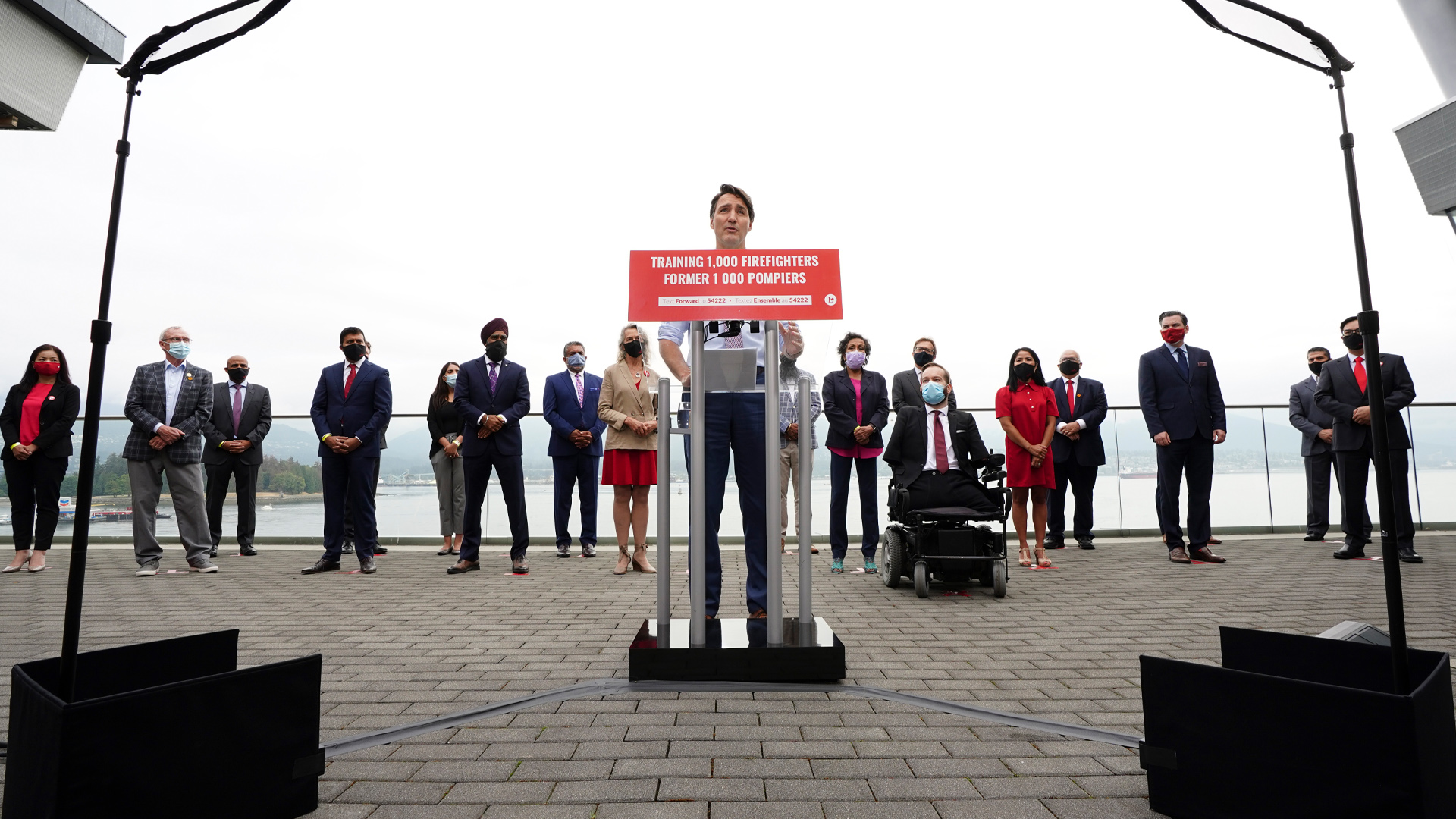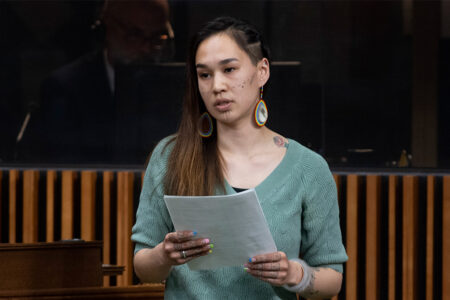
Canada’s election candidates are largely ignored, and Canadian democracy is worse for it. A federal campaign is comprised of roughly 2,000 people across the country who put their names on the ballot in one of 338 electoral districts. We seldom hear about how these brave souls competing to become members of Parliament intend to resist becoming representatives of party interests, or whether they have opinions that differ from their parties, or what their policies are on local issues.
The perceived relevance of electing a local representative has been in decline for decades, and it is getting worse. In the years after Confederation, voters wanted fierce defenders of local interests who could provide access to the spoils of office such as government jobs. A candidate’s residency or occupation, not their party, was listed on the ballot. Candidates were elected based on their own recognizance, and some MPs picked a party after the election to maximize their bargaining power. Parliament was filled with personalities and characters who kept party leaders on their toes, and who weren’t afraid to take a public stand to advocate for their constituents.
As political parties formalized, election candidates increasingly publicized their party affiliations during election campaigns. Celebrating party ties became a problem when aspiring candidates were unsuccessful in their attempt to become a party’s official candidate and nevertheless still proclaimed their partisanship on election campaign signs and brochures. There was also some confusion in differentiating two candidates with the same name in an electoral district.
Reforms to the Canada Elections Act that took effect in the 1972 federal election addressed this by adding party labels to the election ballot and requiring that the party leader sign a candidate’s nomination forms. But reducing confusion for voters came at the cost of marginalizing their local representatives in favour of party supremacy.
The changes to the Elections Act fuelled the growing importance of political parties and their leaders. The ability of a leader to veto a candidate’s nomination put the fear of complicity into incumbents hoping to seek re-election, and it has spurred allegations of central interference in local democratic processes to select a candidate.
Today, MPs might be told that their re-nomination is in jeopardy unless they fundraise and recruit new supporters, and anyone competing in a nomination contest must first be vetted by party agents. A party’s leadership circle routinely rejects applications from aspiring candidates without having to publicly disclose the reasons why.
In the lead-up to an election, political operatives run candidate training schools to teach candidates what to expect and how to conduct themselves. This includes emphasizing the importance of staying on message and never contradicting the party leader. On the campaign trail, candidates can be shocked to learn that they are expected to stand behind the leader as applauding cheerleaders who say nothing, or that they must publicly support policies they oppose. They might even be instructed by the party to skip all-candidates debates or ignore media requests to avoid becoming a distraction.
Nowadays candidates and MPs have very little involvement in shaping a party’s election platform. The people in the leader’s circle prioritize responding to public opinion research by segmenting the electorate into slivers of like-minded supporters, and by deploying the latest marketing tactics. The leader’s entourage seems to want candidates to behave as avatars of policies announced by the leader.
Little wonder that political parties, leaders and media have so little interest in candidates and MPs. On election day, evaluation of local candidates accounts for an estimated 4 per cent of the vote, which makes the difference in winning or losing in about 10 per cent of electoral districts. In 2019, just 125 people ran as independents or with no affiliation, and former Liberal minister Jody Wilson-Raybould became the first independent elected since 2008 – the only woman to do so since 1972. Canadians vote for a local representative in the House of Commons, yet few prioritize who their MP is and what that person does over the MP’s party affiliation.
How did Canadian democracy get here? Can we do better? The intensification of party discipline can be traced to the government gaining more authority as rules of debate tightened in the House of Commons. Since the Second World War, Canadian MPs have routinely toed the party line on bills and motions. The control of party leaders and their agents is so confining that party discipline has evolved into message discipline, with MPs often applying social pressure on each other to maintain group cohesiveness.
Social media gave MPs a digital megaphone, but it also provided a mechanism for the leader’s agents to distribute approved messaging, and to monitor what party representatives are saying. In an election candidates are treated by their parties as little more than brand ambassadors, expected to trumpet the message of the day and to collect data about supporters who can be mobilized to vote and donate.
Canada needs politicians who build an image of being willing to stand up for their constituents. Federal election candidates need to know it is possible to speak up about localized issues that don’t interfere with the national campaign. Politicians of all political stripes can call on the government to do better, and to do more for their ridings. They can inspire voters to care about who becomes their MP instead of merely voting for a party robot. Engaging in local advocacy and occasionally rebuffing the party would help give media, political parties and voters a reason to pay attention to local representatives.
Most importantly, candidates who carve out their own identity during an election campaign can maintain that sense of self when they get to Ottawa, and gain confidence to push back against their parties’ leadership. The Parliament of Canada and Canadian democracy will be better for it.
Party message discipline can only be strong if Canada’s politicians are willing to put up with it.
This article is part of the How can we improve the elections process special feature.









